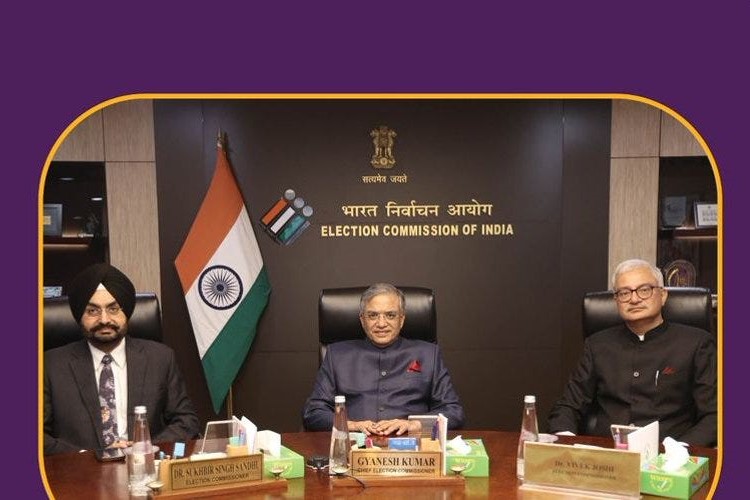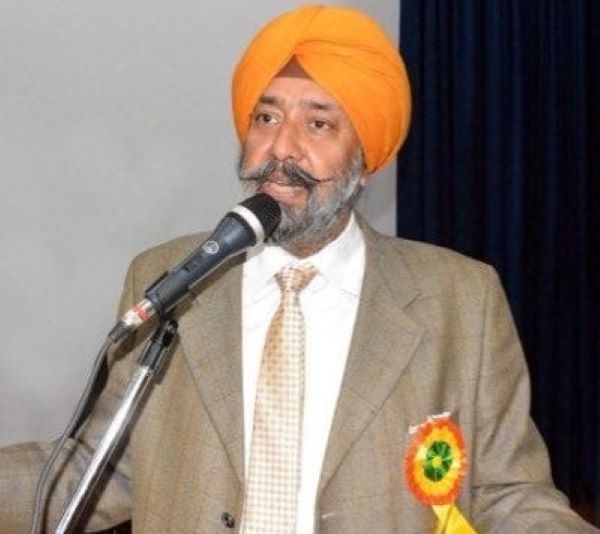 As the perceived last date for filing claims and objections to Bihar’s draft electoral rolls ended on 31 August 2025, the Supreme Court resumed hearing a clutch of petitions challenging aspects of the Special Intensive Revision (SIR) process.
As the perceived last date for filing claims and objections to Bihar’s draft electoral rolls ended on 31 August 2025, the Supreme Court resumed hearing a clutch of petitions challenging aspects of the Special Intensive Revision (SIR) process.
The Bench and Petitions
On 1 September 2025, a bench of Justices Surya Kant and Joymalya Bagchi heard pleas filed by the Rashtriya Janata Dal (RJD) and other political parties seeking an extension of time for filing claims and objections.
ECI’s Concession on Post-Deadline Filings
In a significant concession, the Election Commission of India confirmed that filing of claims, objections, and corrections is not barred after 1 September 2025. Such submissions will be received in accordance with law, considered after the roll is finalised, and processed up to the last date for filing nominations, with all valid inclusions and exclusions reflected in the final electoral roll. This clarification also dispelled the biased narrative or misapprehension that those who failed or omitted to do so by the perceived cut-off would stand disenfranchised for all time. It categorically established that the updation of electoral rolls is an ongoing statutory process, while the SIR was an exceptional exercise meant to cleanse long-standing irregularities.
Supreme Court’s Observations and Directions
Recording the ECI’s assurance, the Court declined to extend the deadline, noting that a formal extension was unnecessary. Observing that the controversy was largely a trust issue, the Court urged political parties to “activate” themselves at the grassroots. It also directed the Bihar State Legal Services Authority to deploy para-legal volunteers to assist electors and parties in submitting online claims and objections, with confidential reports to be considered on 8 September 2025.

Scale and Numbers Reported
The SIR exercise covered roughly 7.24 crore voters. The ECI said 99.5% of electors had already submitted eligibility documents. Against an estimated 65 lakh excluded names, about 33,351 claims for inclusion were filed, while 1,34,738 objections sought exclusions—an unusual skew towards exclusion over inclusion.
Timeline Ahead
The final electoral roll is slated for publication on 30 September 2025, with Assembly elections expected in October–November 2025.
Part II — Analysis
An Ongoing Updation Process
The ECI’s clarification affirms that roll revision is continuous, not a one-day event. The statutory window tied to the nomination timetable ensures genuine corrections, inclusions, and exclusions can still be made without derailing election schedules.
Responsibilities and Accountability
With the door open, the onus is now on citizens to file well-documented claims and objections promptly, and on booth-level assistants and party representatives to lodge evidence-based objections on electors’ behalf. Procedural rights mean little unless stakeholders actively use them.
Fair, Just, and Objective Machinery
A process that is fair, just, and equitable, administered by an objective and unbiased machinery, leaves little ground to assail the SIR framework itself. The mechanism is designed to correct errors while protecting eligible voters from disenfranchisement.
Safeguarding “One Person, One Vote”
The national principle of one person, one vote must remain sacrosanct. No one not ordinarily resident in a constituency should be registered there. Those who have migrated should be enrolled in their new state or assembly segment to prevent duplication and maintain roll integrity.
From Litigation to Mobilisation
With procedural clarity secured, the action should shift from courtroom skirmishes to active political campaigning—persuasion, voter outreach, and booth-level organisation—rather than continued fault-finding with the electoral rolls, the basic document of democracy.
The Road Ahead— to healthy democracy in Bihar
Timely filings, vigilant facilitation by political parties, and targeted assistance through para-legal volunteers can ensure that Bihar’s electoral rolls remain accurate and up to date by the time nominations close. The ECI’s assurance has categorically established that the updation of rolls is an ongoing statutory process—one that continues beyond any perceived cut-off dates. If carried out diligently, this framework will guarantee that Bihar’s electorate is properly reflected, that no eligible voter is disenfranchised, and that the principle of one person, one vote is upheld in spirit and practice. Done right, it will pave the way for a fair contest and reinforce public confidence in the democratic process.